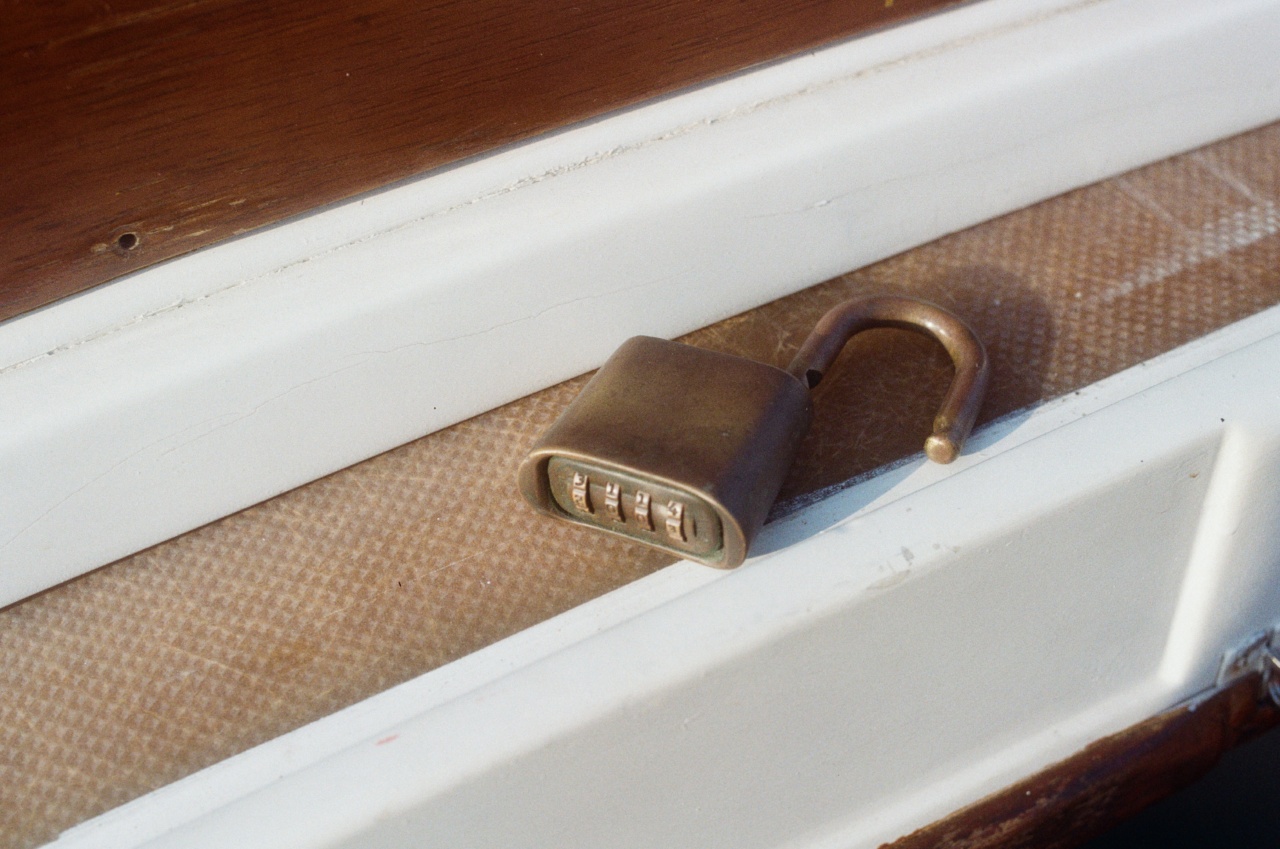Protecting your skin from sun damage is essential for maintaining a healthy complexion and preventing long-term health risks associated with excessive sun exposure.
Harmful ultraviolet (UV) radiation from the sun can cause sunburn, premature aging, and even increase the risk of skin cancer. In this article, we will explore various ways to keep your skin safe from sun damage and enjoy the outdoors without compromising your skin’s health.
The Importance of Sun Protection
Sun protection is crucial as the sun emits two types of ultraviolet radiation: UVA and UVB rays. UVA rays are linked to premature aging, as they penetrate deeply into the skin and cause damage to collagen and elastin.
UVB rays, on the other hand, are the primary cause of sunburn and play a key role in the development of skin cancer.
Wear Protective Clothing
One of the simplest and most effective ways to shield your skin from the sun is by wearing protective clothing. Opt for clothes that cover as much skin as possible, such as long-sleeved shirts, pants, and wide-brimmed hats.
Dark-colored, tightly woven fabrics provide better protection compared to light-colored or loosely woven ones.
Apply Sunscreen
Using sunscreen daily is crucial to reduce the harmful effects of the sun’s rays. Look for broad-spectrum sunscreens with a minimum SPF (sun protection factor) of 30.
Apply it generously to all exposed areas of the skin, including the face, neck, arms, and legs. Remember to reapply every two hours, especially after swimming or excessive sweating.
Seek Shade
Seeking shade during peak sun hours, typically between 10 am and 4 pm, can significantly minimize sun damage. When the sun is at its strongest, find shade under trees, umbrellas, or seek refuge indoors if possible.
Limiting your direct exposure to the sun during these hours can reduce the risk of sunburn and long-term damage.
Wear Sunglasses
Protecting your eyes from harmful UV rays is equally important. Wearing sunglasses that block 100% of UVA and UVB rays can prevent cataracts, photokeratitis (sunburn of the eye), and other eye-related conditions.
Look for sunglasses labeled as UV 400 or have a sticker indicating 100% UV protection.
Stay Hydrated
Staying hydrated is crucial for overall skin health and preventing sun damage. Proper hydration helps keep your skin moisturized and more resistant to UV rays, reducing the chances of sunburn.
Remember to drink plenty of fluids, especially water, throughout the day, particularly when spending time in the sun.
Use Protective Lip Balm
Many people often forget about protecting their lips, which are prone to drying, cracking, and sun damage. Invest in a lip balm with SPF to keep your lips protected from the sun’s harmful rays.
Apply it generously throughout the day, especially when out in the sun for extended periods or participating in water activities.
Be Mindful of Medications
Some medications, such as certain antibiotics, acne treatments, and even some birth control pills, can make your skin more sensitive to the sun.
It’s important to be aware of the potential side effects of medications and consult your healthcare provider or pharmacist regarding sun sensitivity. They can advise you on additional precautions to take when exposed to sunlight.
Perform Regular Skin Checks
Performing regular skin checks is essential for early detection of any new or developing moles, growths, or changes in your skin’s appearance.
If you notice any suspicious changes, such as irregular borders, changes in color or size, or itching or bleeding, promptly consult a dermatologist. Early detection and treatment are crucial in successfully managing skin cancer.
Get Vitamin D Safely
Vitamin D is essential for overall health, and the main source is through sunlight exposure. However, it’s important to strike a balance between obtaining enough vitamin D and protecting your skin from sun damage.
Consult with a healthcare professional to determine if you require a vitamin D supplement or if short, controlled sun exposure is sufficient for your needs.
Conclusion
Protecting your skin from sun damage is essential for maintaining its health and reducing the risk of various skin conditions, including skin cancer.
By following sun protection practices, such as wearing protective clothing, applying sunscreen, seeking shade, and staying hydrated, you can enjoy the outdoors while keeping your skin safe. Remember to prioritize your skin’s health and incorporate these habits into your daily routine for long-term benefits.






























